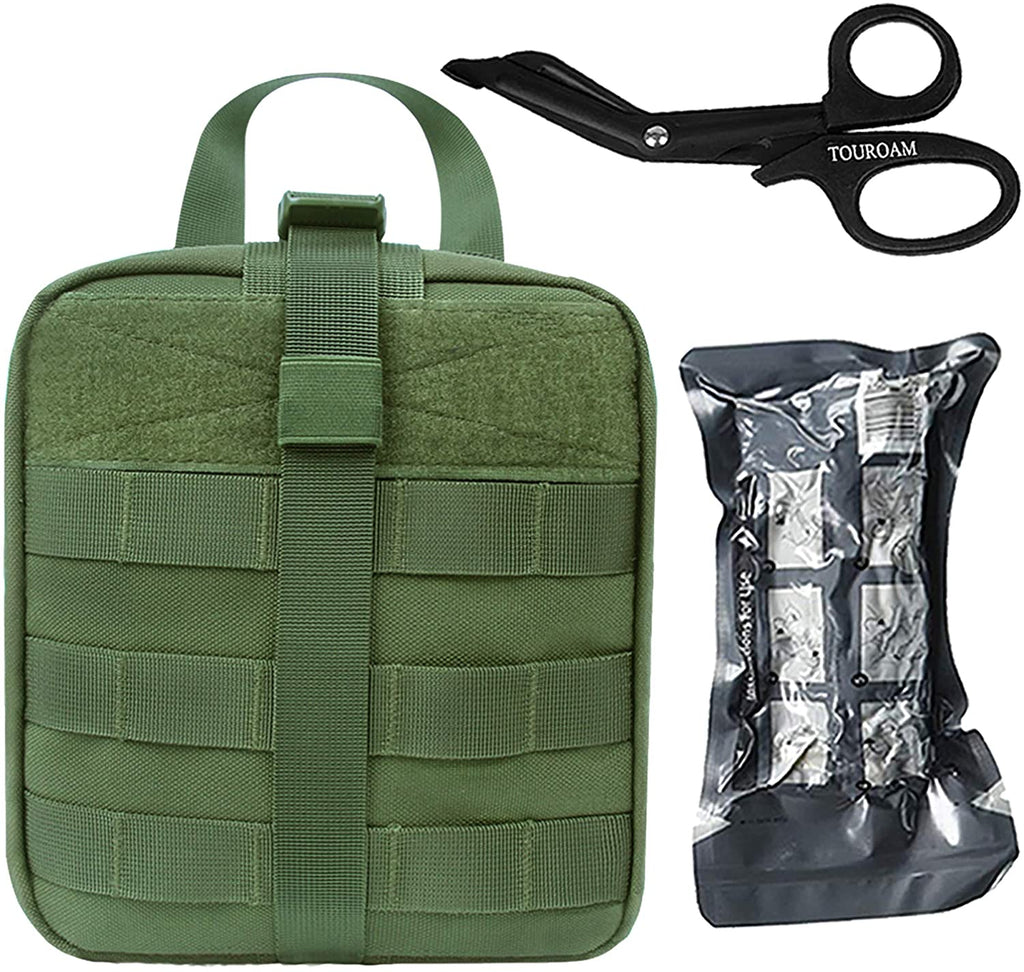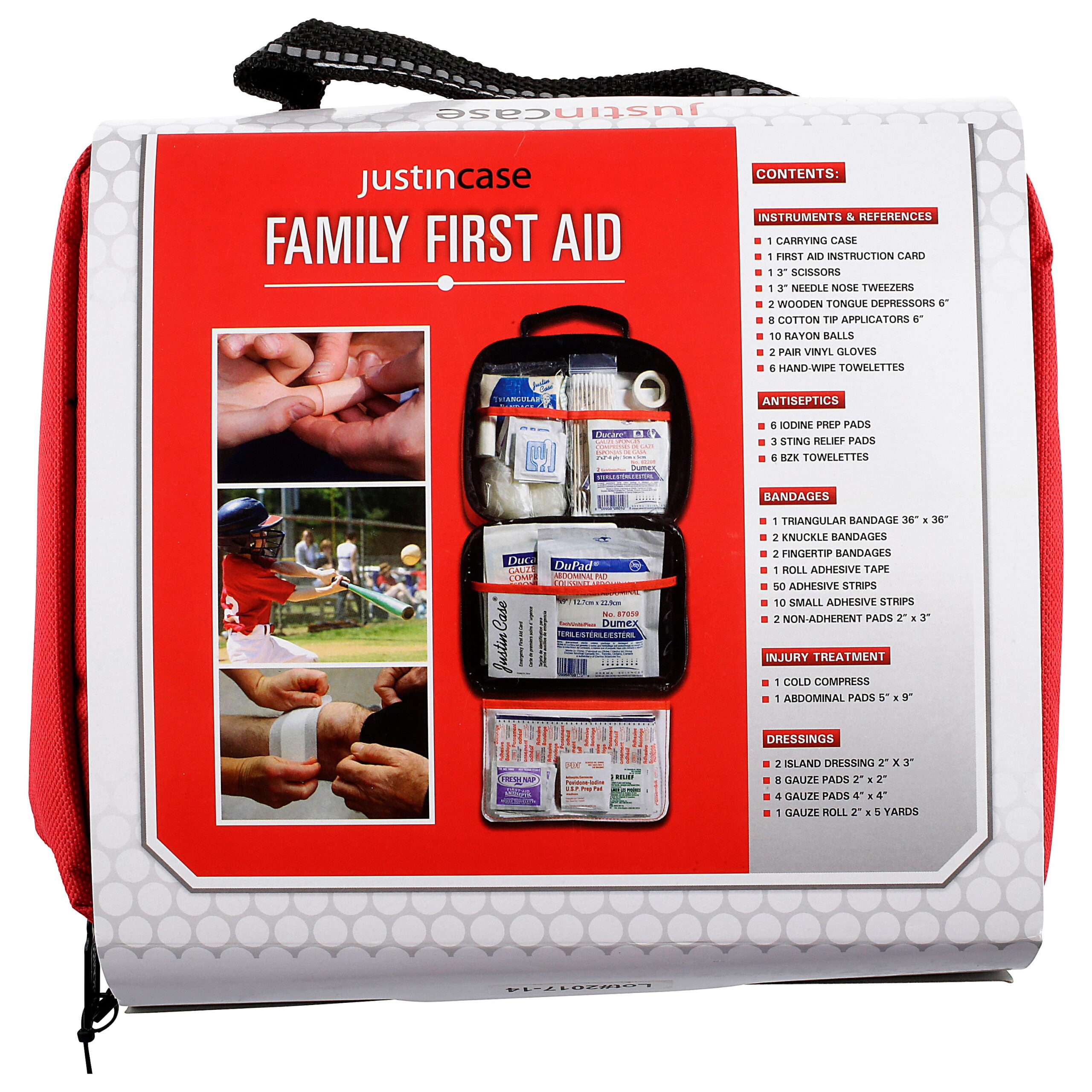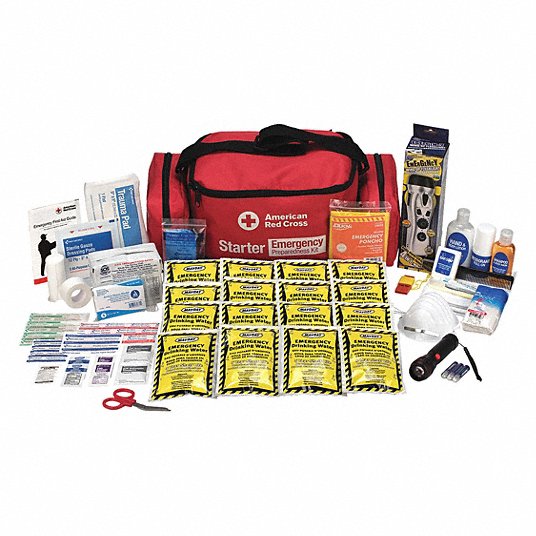The Impact of Floodwater: Understanding the Risks and Precautions
Floodwater is a powerful force of nature that can cause significant damage and pose serious health risks to individuals and communities. Understanding the characteristics of floodwater, its potential dangers, and the precautions to take can help mitigate the impact of flooding events.
Characteristics of Floodwater
During a flood, water levels rise rapidly, carrying debris, pollutants, and contaminants from various sources. Floodwater can be murky and discolored, making it difficult to see hazards beneath the surface. It may also contain bacteria, viruses, chemicals, and other harmful substances that can pose health risks to those exposed to it.
Risks Associated with Floodwater
Exposure to floodwater can lead to a range of health issues, including infections, skin irritations, gastrointestinal problems, and respiratory ailments. Additionally, contact with contaminated water can increase the risk of diseases such as tetanus, hepatitis A, and leptospirosis. Ingesting or inhaling floodwater can have serious consequences for both physical health and well-being.
Precautions to Take
When dealing with floodwater or navigating flooded areas, it is essential to take precautions to protect yourself and your loved ones:
- Avoid direct contact with floodwater whenever possible.
- If contact is unavoidable, wear protective gear such as rubber boots and gloves.
- Clean and disinfect any items that come into contact with floodwater.
- Avoid consuming food or water that may have been contaminated by floodwaters.
- Seek medical attention if you experience any symptoms of illness after exposure to floodwater.
Conclusion
Floodwater poses significant risks to both property and public health during flooding events. By understanding the characteristics of floodwater, recognizing its potential dangers, and taking appropriate precautions, individuals can minimize the impact of flooding on their well-being. Staying informed about safety measures during floods is crucial for staying safe in times of crisis.
Essential FAQs: Navigating Health and Safety Concerns with Floodwater Exposure
- What are the health risks associated with exposure to floodwater?
- How can I protect myself from contaminated floodwater?
- Is it safe to drink or use floodwater for cooking?
- What should I do if my home is flooded with contaminated water?
- Are there long-term health effects of exposure to floodwater?
- How can I clean and disinfect items that have come into contact with floodwater?
- What are the common diseases transmitted through contact with contaminated water during floods?
- Is it necessary to seek medical attention after being exposed to floodwater?
- What precautions should I take before entering a flooded area?
What are the health risks associated with exposure to floodwater?
Exposure to floodwater poses serious health risks due to the potential presence of contaminants and pathogens. Floodwater can contain a variety of harmful substances, including bacteria, viruses, chemicals, and sewage. Contact with contaminated water can lead to infections, skin irritations, gastrointestinal issues, respiratory ailments, and other health complications. Ingesting or inhaling floodwater increases the risk of contracting diseases such as tetanus, hepatitis A, and leptospirosis. It is crucial to take precautions to minimize exposure to floodwater and seek medical attention if any symptoms of illness develop after contact with contaminated water.
How can I protect myself from contaminated floodwater?
Protecting yourself from contaminated floodwater is crucial to safeguard your health during and after a flood event. To minimize the risks associated with exposure to contaminated water, it is essential to avoid direct contact with floodwater whenever possible. If contact is unavoidable, wearing protective gear such as rubber boots and gloves can provide an additional layer of defense. It is also important to thoroughly clean and disinfect any items that come into contact with floodwater to prevent the spread of harmful bacteria and contaminants. By taking these precautions and being vigilant about hygiene practices, you can reduce the likelihood of illness or infection resulting from exposure to contaminated floodwater.
Is it safe to drink or use floodwater for cooking?
It is never safe to drink or use floodwater for cooking purposes. Floodwater can be contaminated with a variety of harmful substances, including bacteria, viruses, chemicals, and other pollutants. Ingesting or using contaminated floodwater can lead to serious health risks, such as infections, gastrointestinal issues, and exposure to toxins. It is essential to always use clean and safe water sources for drinking and cooking to prevent the risk of illness or disease associated with floodwater contamination. Taking precautions to avoid contact with floodwater and using alternative sources of clean water is crucial for safeguarding your health during flooding events.
What should I do if my home is flooded with contaminated water?
In the event that your home is flooded with contaminated water, it is crucial to prioritize safety and take immediate action to minimize health risks. Avoid direct contact with the contaminated water as much as possible and wear protective gear such as rubber boots and gloves before entering the flooded area. Thoroughly clean and disinfect any items that have come into contact with the contaminated water to prevent the spread of harmful bacteria and pathogens. It is advisable to seek professional help for proper cleanup and restoration to ensure that your home is safe and habitable after being inundated with contaminated water.
Are there long-term health effects of exposure to floodwater?
Exposure to floodwater can have long-term health effects on individuals who come into contact with contaminated water during flooding events. The presence of harmful substances such as bacteria, viruses, chemicals, and other contaminants in floodwater can increase the risk of developing serious health issues over time. Prolonged exposure to these contaminants may lead to chronic illnesses, respiratory problems, skin conditions, and gastrointestinal disorders. It is crucial for individuals who have been exposed to floodwater to seek medical attention promptly and monitor their health for any lingering symptoms or complications that may arise in the long term. Taking proactive measures to address potential health risks associated with floodwater exposure is essential for safeguarding one’s well-being in the aftermath of a flood.
How can I clean and disinfect items that have come into contact with floodwater?
Cleaning and disinfecting items that have come into contact with floodwater is crucial to prevent the spread of contaminants and ensure the safety of individuals. To effectively clean and disinfect such items, begin by wearing protective gear such as rubber gloves and boots to avoid direct contact with the contaminated water. Thoroughly wash items with soap and clean water, then rinse them thoroughly. Next, disinfect the items by using a solution of bleach and water or a commercial disinfectant. Allow the items to air dry completely before using them again to ensure that any remaining contaminants are eliminated. Properly cleaning and disinfecting items that have been in contact with floodwater is essential for safeguarding health and preventing the spread of harmful bacteria and pathogens.
What are the common diseases transmitted through contact with contaminated water during floods?
During floods, contact with contaminated water can lead to the transmission of various diseases that pose serious health risks. Common diseases associated with exposure to contaminated floodwater include gastrointestinal infections like cholera, typhoid fever, and dysentery. Additionally, skin infections such as dermatitis and fungal infections can occur due to prolonged contact with polluted water. Waterborne illnesses like hepatitis A and leptospirosis are also prevalent in flood-affected areas. It is crucial to take preventive measures and seek medical attention promptly if any symptoms of illness develop after contact with contaminated water during floods.
Is it necessary to seek medical attention after being exposed to floodwater?
After being exposed to floodwater, it is crucial to consider seeking medical attention as a precautionary measure. Floodwater often contains contaminants, bacteria, and other harmful substances that can pose serious health risks. Even minor contact with contaminated water can lead to infections, skin irritations, gastrointestinal issues, or respiratory ailments. Therefore, it is advisable to consult a healthcare professional if you experience any symptoms of illness after exposure to floodwater. Prompt medical attention can help address any potential health concerns and ensure proper treatment if necessary.
What precautions should I take before entering a flooded area?
Before entering a flooded area, it is crucial to take necessary precautions to ensure your safety and well-being. Firstly, assess the depth and flow of the floodwater to avoid being swept away by strong currents. Wear appropriate protective gear such as rubber boots and gloves to minimize contact with contaminated water. Avoid driving or walking through floodwaters, as they may conceal hidden hazards or fast-moving debris. It is important to stay informed about potential risks associated with flooded areas, such as electrical hazards, unstable ground, or wildlife displacement. Prioritize your safety by heeding evacuation orders and seeking guidance from local authorities before entering any flooded area.




